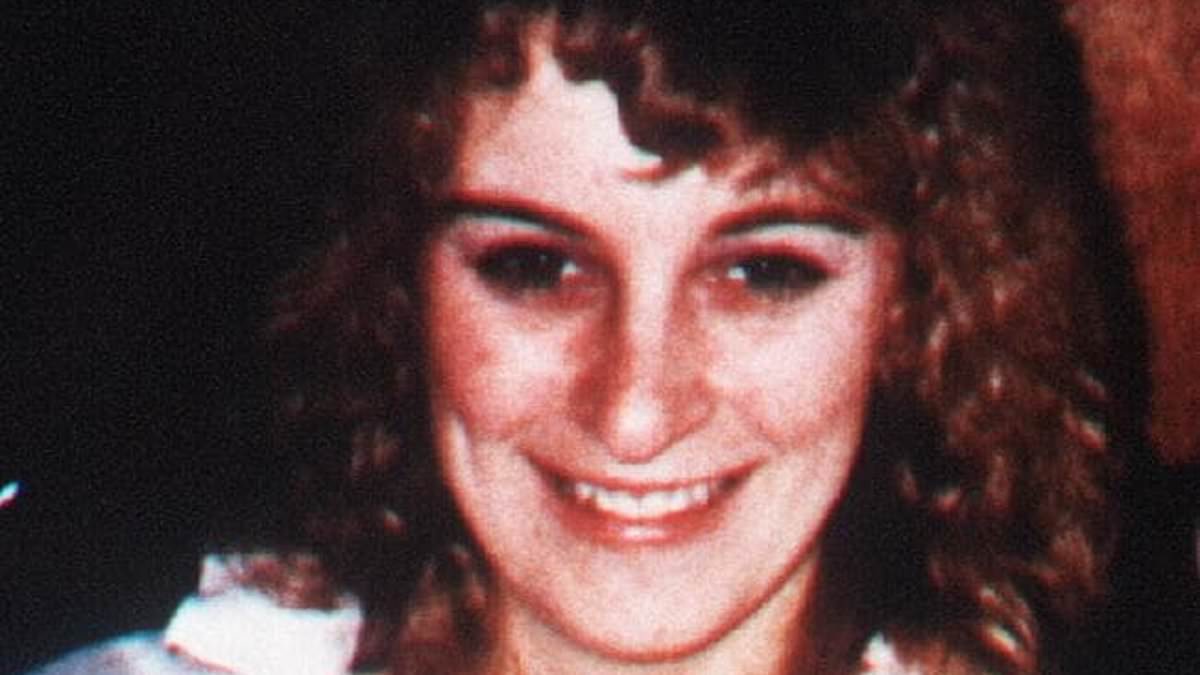WARNING DISTRESSING CONTENT
A lawyer insists that a long-standing controversy over a conviction in the shocking murder of Janine Balding could be cleared up with a simple DNA comparison.
In the nearly 40 years since the murder there have been advances in forensics technology, and the DNA profiles of five unidentified males have been gathered from a bandana used to gag Ms Balding.
One of Ms Balding’s convicted killers, Stephen ‘Shorty’ Jamieson, is using the mystery DNA as the basis for a judicial inquiry into his case.
Jamieson claims he wasn’t even present on the night of the murder, and is urging police to compare the DNA against that of Mark ‘Shorty’ Wells.
In 1988, Ms Balding was abducted from Sutherland railway station by a homeless gang-of-five, and raped and murdered on the side of the F4 Freeway in Sydney’s West.
The first murder trial had to be aborted over the question of whether police had the right ‘Shorty,’ and in the second trial in 1990, all of Jamieson’s then co-accused maintained that he was not present at the murder, but that ‘Shorty’ Wells was.
Lawyer and former politician Peter Breen launched Supreme Court action last year on Jamieson’s behalf.
Mr Breen told Daily Mail that Jamieson had been excluded from every DNA test done on the Bandana, but Wells had not.
‘If they do a test of Wells’ DNA, we say they’ll get a match. We say Jamieson’s not guilty, he wasn’t there – and we can prove it.’
Wells’ DNA is in the national database as a result of crimes he committed in Queensland in 2011, Mr Breen said.
‘My understanding is it only went up on the national database at the end of last year.’
He said police were refusing to compare Wells’ DNA with the profile detected on the bandana as a result of DNA forensics legislation, which says they can’t reveal the profile of anyone other than the applicant – and in this case the applicant is Jamieson.
‘They say they can’t reveal the DNA, and they’re right, but the legislation also says the court can override it and order them to make the comparison,’ Mr Breen said.
Mr Breen is pushing for a judicial inquiry into the case, and expects a decision on December 13.
He hopes the court will order the DNA comparison as part of the inquiry.
Ms Balding’s brother, David Balding, has previously said he believes the bandana claim is irrelevant and multiple witnesses agreed that Jamieson was the right person.
David, who was just 10-years-old when his sister was murdered, said he was angry and upset that these claims are being brought up again after all these years.
‘Shorty’ Wells, a schizophrenic who had previously falsely confessed to another crime, initially said he was present at the murder, but later denied any involvement.
Jamieson was convicted on the evidence of his signed confession, which he has long argued was fabricated.
The murder that shocked
On the morning of September 8, 1988, Ms Balding parked her car at Sydney’s Sutherland train station, before heading into the city for work.
She was walking back to her car that evening when a group of me – Stephen ‘Shorty’ Jamieson, 22, Matthew Elliot, 16, Wayne Wilmot, 15, Bronson Blessington, 14 and Carol Arrow, 15 – approached her.
They distracted Ms Balding by asking her for the time and whether she had any money or cigarettes, one of the youths pulled out a knife and threatened to ‘cut her face’ if she did not do exactly as he asked.
After snatching the car keys from her hands, she was forced into the back of her own car where she was beaten and raped at knifepoint.
Any hope the young woman had of being set free was crushed after one of the youths said: ‘I think it’s a nice night for a murder…’
The group pulled over on the M4.
They dragged the terrified woman out of the car, the pack gagged Janine with a scarf and hogtied her, before pulling her along the ground and throwing her over a fence.
Elliot, Blessington, and Jamieson carried her to a nearby dam, where they drowned her and stole her jewellery and bank cards.
The pack left Ms Balding’s body there and got back into her car, which broke down shortly after.
After making their way to Mount Druitt by foot, they sold the jewellery and withdrew some cash using her bank cards, before hopping on a train back to the city.
The next day, Blessington and Elliot took a train to East Gosford where they threw her bank cards into the bushes before stealing another car and driving to a youth centre.
They then confessed to police about the car theft and hinted at knowing where Ms Balding’s body was.
Ms Balding’s parents, Beverley and Kerry, reported her missing.
All five of the group members were charged and faced court over the murder of Ms Balding.
Elliott, Blessington and Jamieson were each given life sentences plus 25 years.
Blessington, who was just 14 at the time, became the youngest person to have ever receive a life sentence in .
The judge in the case called their crimes ‘barbaric’ and said they should ‘never be released’.
Lighter sentences were given to Wilmot and Arrow, after it was found they did not physically participate in the murder.
National Sexual Assault, Domestic Violence Counselling Service 24-hour helpline 1800 RESPECT on 1800 737 732
